Nine out of ten veterinarians fear that antibiotics will no longer be effective against infections
The British Veterinary Association (BVA) highlights vets' fears about antibiotic resistance. A new survey reveals that 9 in 10 (92%) vets in the UK are concerned about its ability to treat pet infections in the face of this global threat.
Necessary collaboration between veterinarians and owners
Figures from the BVA's Voice of the Veterinary Profession survey, released ahead of European Antibiotic Awareness Day (November 18) and World Antimicrobial Awareness Week (November 18-24), show a general lack of understanding of the threat of antibiotic resistance among pet owners. Three-quarters (76%) of UK companion animal vets say they feel clients are unaware of this issue. Nearly all (99%) veterinarians say they have seen clients come to appointments, at least sometimes, with the expectation that antibiotics will be administered to treat their pets.
Asked for pet owners to work with their veterinarian to address the threat of antimicrobial resistance, BVA President Justine Shotton says: “Antibiotics are a critical tool in our ability to treat both humans as well as animals effectively. It concerns that, as in human medicine, some bacteria no longer respond to the antibiotics we use to treat pets. We know owners love their pets and may often think antibiotics are the best tool, but that's not always the case."
"We need owners to help us keep antibiotics effective against serious and life-threatening infections now and in the future. They shouldn't expect to be prescribed antibiotics when their pet is unwell automatically, and they should always follow their doctor's instructions." veterinarian to administer the recommended dose at the right time. For the prescribed time," he says.
Tips for raising awareness
The BVA has published a series of tips to help pet owners be aware of the problem and take an active role in their responsible use:
- 1. Antibiotics aren't always the answer: Antibiotics only treat illnesses caused by bacteria, not viruses. Trust your vet if they say antibiotics are not needed.
- 2. Always finish the course of antibiotics: Give your pet the recommended dose, at the right time, for the length of time prescribed by your veterinarian. Failure to complete treatment can be risky and may allow resistant bacteria to survive.
- 3. Use the right medicine: Different antibiotics work against different bacteria. Sensitivity tests recommended by your veterinarian can help identify the correct medication.
- 4. Don't try to treat your pet yourself: Don't share antibiotics between animals or reuse pills prescribed for a previous illness. They may not be appropriate for your pet's current condition, or they may be toxic to certain animals, out of date, or contaminated. Never give your pet human medications, as they could be dangerous.
- 5. Prevention is always better: Avoid the need for antibiotics by taking your pet to the vet. Follow your veterinarian's advice, feed your pet a nutritionally balanced diet, and keep his vaccinations up to date.
The BVA also encourages pet owners to look at the "Are You Antibiotic Aware?" poster, developed in collaboration with human and animal health organizations, for more advice on using antibiotics safely and responsibly.


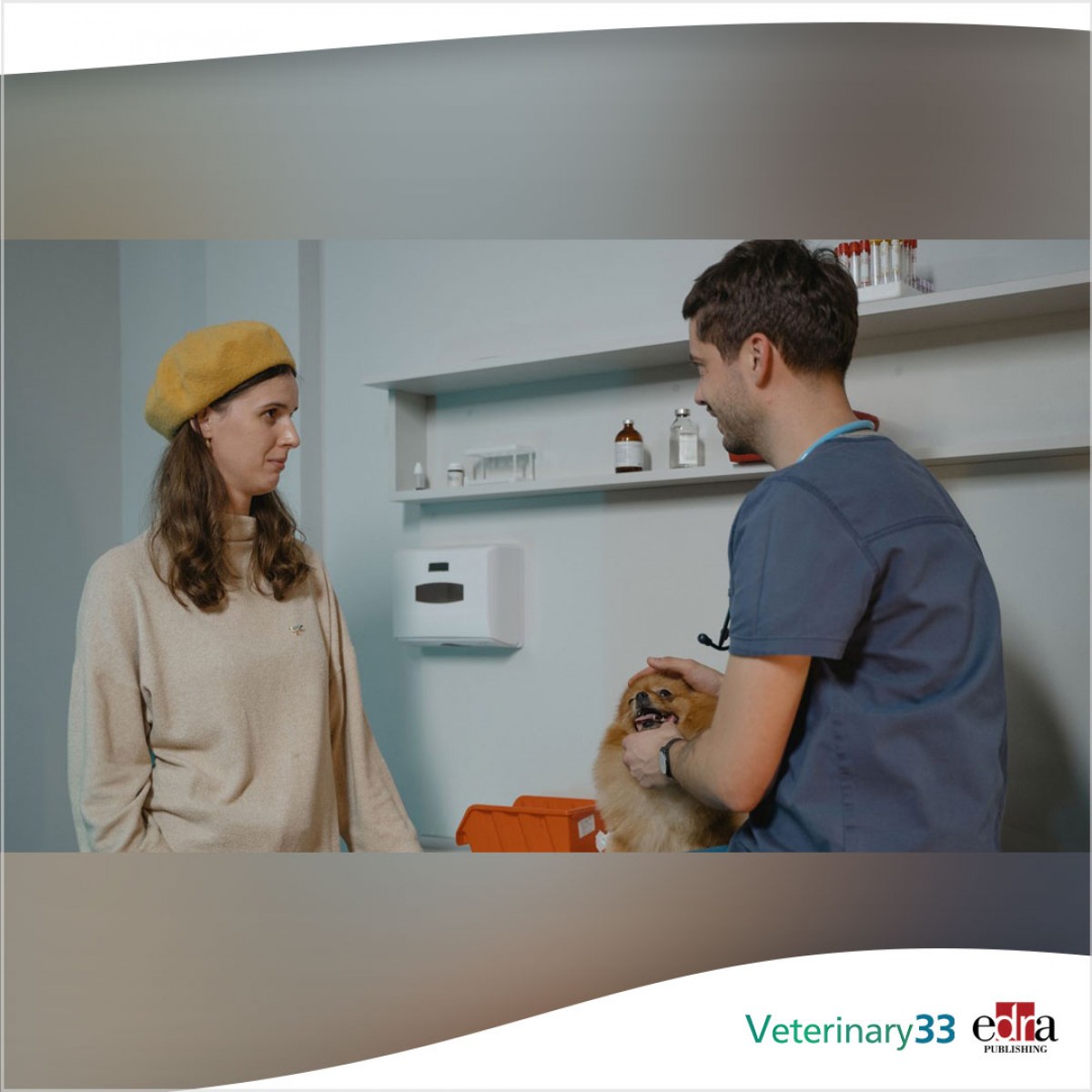


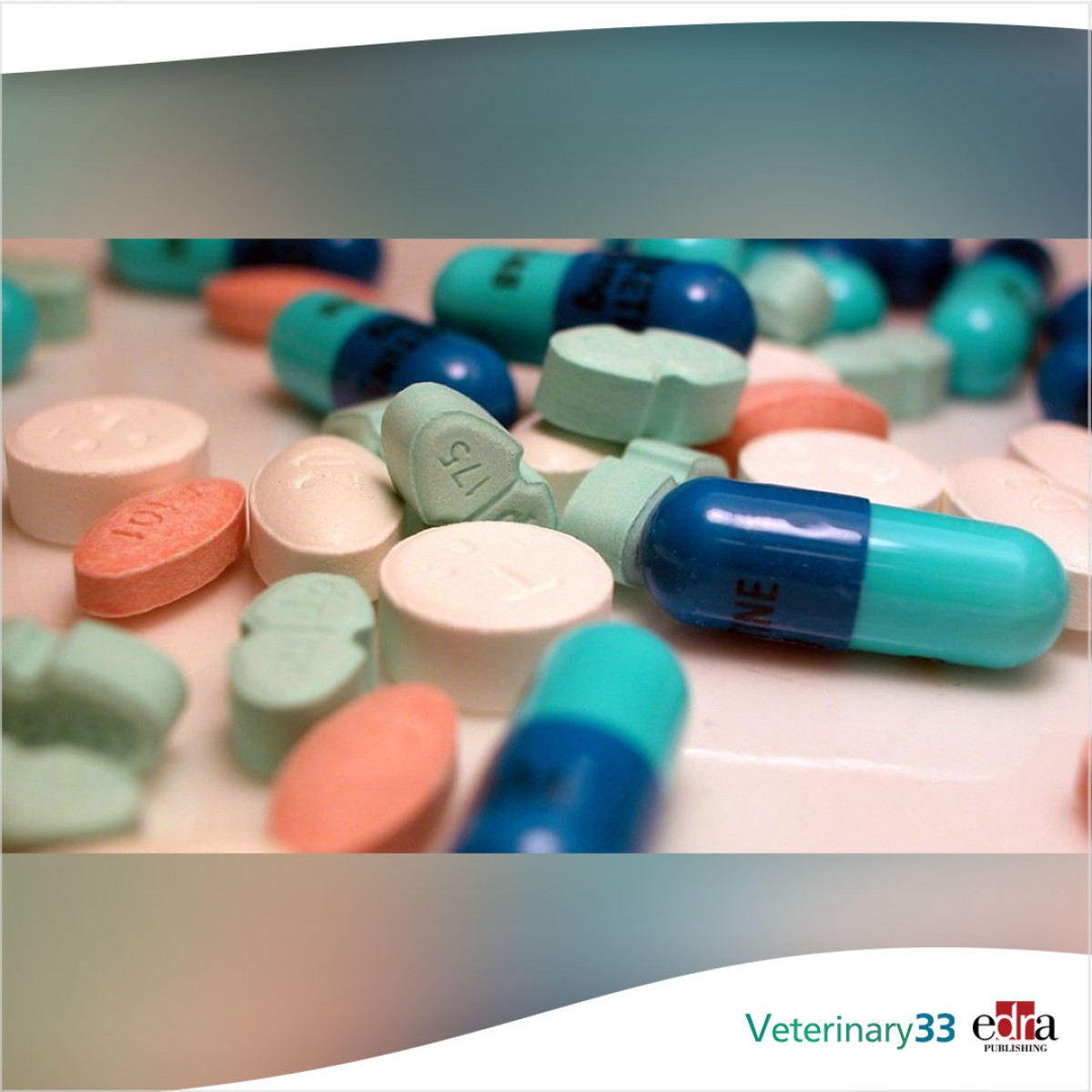



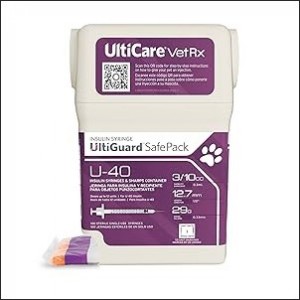

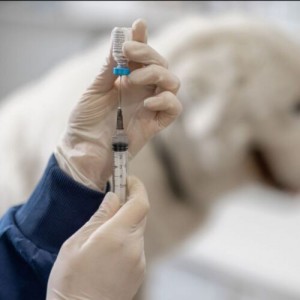
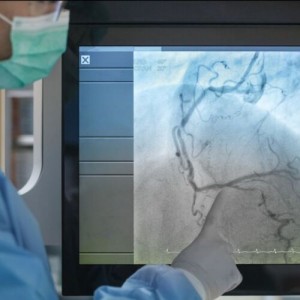

List
Add
Please enter a comment